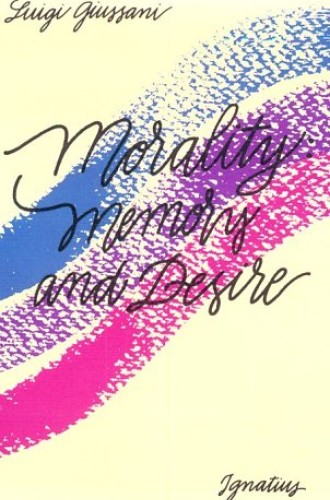Morality vs. moralism
In the late 1980s, when I was a recent convert to the Roman Catholic Church, I accepted an invitation to teach at a small Catholic college. As soon as I arrived, it became clear that the place was, well, more Catholic than the pope. Students and faculty obsessed over the length of women’s skirts at mass. You get the idea.
Just when my wife and I were feeling despondent about all this, I was asked to review a book by an Italian priest named Luigi Giussani, titled Morality: Memory and Desire. It was the subtitle that grabbed me. Memory and desire seemed an odd way to think of morality, which I had assumed meant following rules.
I remember being both bamboozled and mesmerized by Giussani’s Italian rhetoric. He spoke of morality as a way of honoring our relationships with Christ and neighbor; he said that desire is in itself good, something you don’t have to repress but only align with the infinite; and he condemned “moralism” as the enemy of true faith.
The book gave me hope. Then I saw that Giussani was the leader of a lay movement called Communion and Liberation, which I joined years later. It remains the center of my Christian life.





